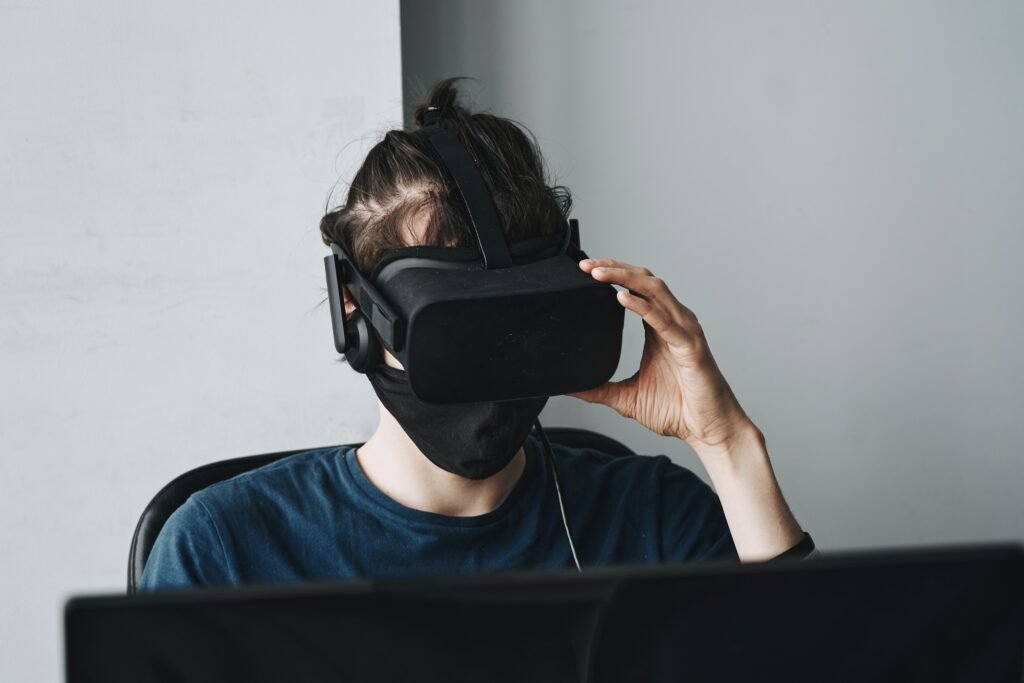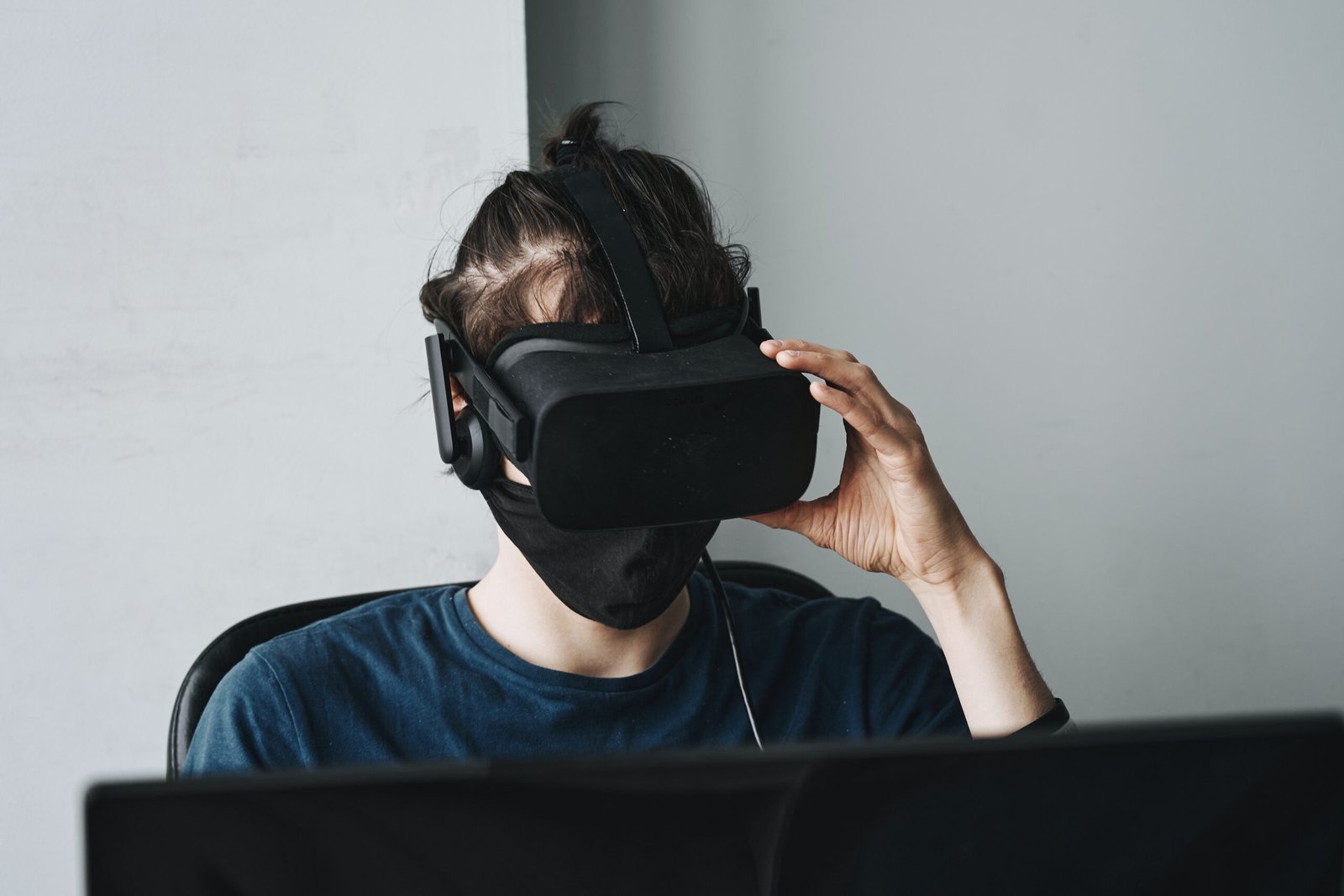Imagine a world where artificial intelligence (AI) models, the very essence of technological advancement, are facing a significant threat—copyright challenges. Legal experts are sounding the alarm, asserting that the use of copyrighted materials to train AI models is raising legal concerns. Giants in the AI industry, like OpenAI, Meta, Microsoft, and Google, are currently embroiled in lawsuits accusing them of copyright infringement. In a noteworthy case, Thomson Reuters sued Ross Intelligence in 2020, claiming that the company used their legal summaries without consent to train an AI-powered legal search engine. The outcome of this lawsuit has far-reaching implications, potentially setting a precedent for future copyright infringement claims against AI companies. If held accountable, these companies could face severe repercussions, including shutting down or halting the development of their AI models. Microsoft, for its part, has taken a proactive stance, pledging legal responsibility and training its models to avoid copyright infringement. As the legal battle rages on, the fate of AI models hangs in the balance, making this debate a multibillion-dollar question.

Threat of Copyright Challenges to AI Models
Overview of the Issue
The intersection of copyright law and artificial intelligence has become a growing concern for both legal experts and AI companies. The use of copyrighted materials in training AI models has raised questions about potential copyright infringement and the implications it may have on the development and future of AI technologies.
Lawsuits Against AI Companies
In recent years, there has been a significant increase in lawsuits filed against AI companies, accusing them of training their models on copyrighted materials without proper authorization. Several prominent AI companies, including OpenAI, Meta, Microsoft, and Google, have faced legal challenges that have put their practices under scrutiny.
Thomson Reuters vs. Ross Intelligence Case
One notable case that exemplifies the copyright challenges faced by AI companies is the lawsuit between Thomson Reuters and Ross Intelligence. In 2020, Thomson Reuters sued Ross Intelligence, alleging that the company had attempted to use their copyrighted legal summaries to train an AI-powered legal search engine. The outcome of this case could potentially set a precedent for future copyright infringement claims against AI companies.
Potential Precedent for Copyright Infringement Claims
The outcome of the Thomson Reuters vs. Ross Intelligence case has the potential to shape the legal landscape surrounding copyright infringement claims in AI models. If the court finds Ross Intelligence liable for copyright infringement, it could establish a framework for determining the boundaries of copyright use within the realm of AI technologies.
Potential Consequences for AI Companies
If AI companies are found to have infringed copyright laws, the consequences could be significant. In the event of liability, AI companies may be forced to shut down or halt the development of their models, impacting their ability to provide AI-driven solutions across various industries. This could have wide-ranging economic and technological implications, stifling innovation and hindering research in the field of AI.
Microsoft’s Approach to Copyright Infringement
Amidst the legal challenges, Microsoft has taken a proactive stance on copyright infringement issues. The company has promised legal responsibility for its AI tools, emphasizing the importance of training models to avoid copyright violations. Microsoft’s approach highlights the need for AI companies to actively address copyright concerns and strive for compliance in their AI development processes.
The Financial Stakes Involved
The intertwining of copyright challenges and AI models raises substantial financial stakes. The AI industry is estimated to be worth billions of dollars, and potential losses from copyright lawsuits could have a significant impact on the companies involved. The uncertainty surrounding the outcome of these legal battles creates a multibillion-dollar question, further emphasizing the need for clarification and resolution in copyright infringement claims within the AI landscape.
Overview of the Issue
Importance of Copyright in AI Models
Copyright plays a crucial role in protecting intellectual property rights, ensuring that creators have exclusive rights to their original works. In the context of AI models, copyright is essential in safeguarding the proprietary data, algorithms, and training materials used to develop these advanced technologies. Respect for copyright laws is crucial for fostering a fair and balanced environment for innovation and creative endeavors within the AI field.
Growing Concerns from Legal Experts
Legal experts have expressed concerns about the potential misuse of copyrighted materials in training AI models. As the capabilities of AI continue to evolve, there is a greater risk of inadvertently training models on copyrighted content without proper authorization. This concern is compounded by the vast availability of digital content and the intricacies of identifying copyrighted materials within large datasets, making it challenging to ensure compliance with copyright laws.
Potential Impact on AI Development
Copyright challenges pose a threat to the development of AI technologies. The fear of legal repercussions may discourage AI companies from exploring certain areas of research or utilizing specific datasets, ultimately stifling innovation. Balancing the need to enforce copyright laws while facilitating AI advancement is a complex task that requires thoughtful consideration from both legal entities and AI companies.
Lawsuits Against AI Companies
Increasing Number of Lawsuits
The number of lawsuits filed against AI companies alleging copyright infringement has been steadily rising. These lawsuits often revolve around accusations that AI models have been trained on copyrighted materials without proper authorization. The growing prevalence of these legal challenges highlights the need for clarity and guidance in determining the boundaries of copyright use within AI technologies.
Accusations of Copyright Infringement
AI companies have faced various accusations related to copyright infringement. Some allege that AI models have been trained using copyrighted books, articles, or other protected works. Others claim that AI technologies have been directly developed based on proprietary algorithms or data used without proper licensing or permission. These accusations underscore the importance of adhering to copyright laws in the development and training of AI models.
AI Companies Under Scrutiny
Prominent AI companies such as OpenAI, Meta, Microsoft, and Google have all found themselves under scrutiny due to copyright-related lawsuits. These legal challenges highlight the need for AI companies to proactively address copyright concerns and ensure compliance with intellectual property laws to protect their innovations and reputations.
OpenAI’s Legal Challenges
OpenAI, known for its groundbreaking advancements in AI research, has faced legal challenges related to potential copyright infringement. The company has been accused of training its AI models on copyrighted materials without proper authorization. These allegations demonstrate the need for AI companies, regardless of their expanse or influence, to prioritize copyright compliance within their development processes.
Meta’s Copyright Lawsuit
Meta, the parent company of Facebook, has also faced legal action related to copyright infringement in the AI space. The company has been accused of using proprietary algorithms and data without proper licensing or permission in the development of its AI technologies. This lawsuit underscores the importance of respecting intellectual property rights in AI research and development.
Microsoft and Google Facing Litigation
Even tech giants like Microsoft and Google have not been immune to legal challenges surrounding copyright infringement in AI models. Both companies have faced lawsuits accusing them of using copyrighted materials without proper authorization. The widespread nature of these lawsuits signifies the broader implications of copyright challenges within the AI industry.
Thomson Reuters vs. Ross Intelligence Case
Background of the Lawsuit
The Thomson Reuters vs. Ross Intelligence case provides a notable example of copyright infringement claims levied against an AI company. In this case, Thomson Reuters alleged that Ross Intelligence had unlawfully used their copyrighted legal summaries to train an AI-powered legal search engine. The outcome of this case has the potential to shape future copyright infringement claims against AI companies.
Allegations against Ross Intelligence
Thomson Reuters accused Ross Intelligence of copying significant portions of their copyrighted legal summaries into their AI-powered legal search engine without proper permission or licensing. The allegations suggest that Ross Intelligence incorporated proprietary content into their AI models, potentially infringing upon Thomson Reuters’ intellectual property rights.
Legal Summaries and AI-powered Search Engine
Thomson Reuters’ legal summaries, which provide concise overviews of legal cases, are an essential part of their legal research services. Ross Intelligence’s AI-powered search engine aims to analyze vast amounts of legal data and provide relevant legal information to users. The alleged use of Thomson Reuters’ legal summaries to train Ross Intelligence’s AI models raises concerns about copyright infringement and the boundaries of fair use within AI technologies.
Importance of the Case Outcomes
The outcomes of the Thomson Reuters vs. Ross Intelligence case are closely watched within the AI industry. The court’s decision will likely set a precedent for future copyright infringement claims against AI companies, potentially influencing how copyright law is applied to AI technologies. The case has the potential to provide clarity and guidance on the boundaries of copyright use within the AI field.

Potential Precedent for Copyright Infringement Claims
Impact of Thomson Reuters vs. Ross Intelligence Case
The outcome of the Thomson Reuters vs. Ross Intelligence case could have far-reaching implications for copyright infringement claims in AI models. If the court finds Ross Intelligence liable for copyright infringement, it will establish a precedent that AI companies may be held accountable for the unauthorized use of copyrighted materials. This ruling could influence how future copyright infringement claims against AI companies are evaluated and decided.
Legal Ramifications for AI Companies
The establishment of precedent in copyright infringement claims would have significant legal ramifications for AI companies. It would serve as a wake-up call for AI companies to ensure the legality of their training materials, encouraging them to seek proper authorization or develop alternative methodologies to avoid copyright violations. The legal ramifications resulting from the Thomson Reuters vs. Ross Intelligence case could shape the practices and compliance measures of AI companies moving forward.
Establishing Copyright Infringement in AI Models
The Thomson Reuters vs. Ross Intelligence case presents an opportunity to address the unique challenges of determining copyright infringement in AI models. Traditional frameworks for identifying copyright infringement may need to be adapted to account for the complexity of AI technologies and their underlying algorithms. The case proceedings could shed light on how copyright infringement claims should be evaluated within the context of AI development.
Potential Consequences for AI Companies
Shutdown or Halt in Model Development
If found liable for copyright infringement, AI companies may face severe consequences, including the potential shutdown or halt in the development of their models. The inability to use copyrighted materials without proper authorization could significantly impact AI companies’ ability to generate accurate and effective AI solutions. The threat of legal repercussions may deter companies from exploring certain research areas or using specific datasets, hindering progress and stifling innovation in the AI industry.
Economic and Technological Impact
The potential consequences of copyright challenges extend beyond individual AI companies and have broader economic and technological implications. AI technologies are poised to revolutionize various industries, including healthcare, finance, and transportation. If litigation results in the restriction or slowdown of AI development, it could delay the implementation of transformative AI solutions and hinder progress in these sectors.
Implications for AI Research and Innovation
The consequences of copyright challenges extend beyond the immediate financial and technological impact. Litigation and legal uncertainties surrounding copyright infringement claims undermine the collaborative and innovative environment necessary for AI research. The fear of potential legal repercussions may discourage researchers and developers from freely sharing datasets, algorithms, and other essential resources, impeding overall progress in the AI field and limiting the potential benefits it can offer society.

Microsoft’s Approach to Copyright Infringement
Promise of Legal Responsibility
Microsoft, recognizing the importance of copyright compliance in AI development, has made a commitment to legal responsibility. The company acknowledges the potential risk of copyright infringement in its AI tools and emphasizes the need to train models in a manner that respects intellectual property rights. Microsoft’s approach demonstrates the dedication of AI companies to address copyright concerns and establish responsible practices within the industry.
Training Models to Avoid Copyright Infringement
To minimize the risk of copyright infringement, Microsoft has taken proactive steps to train its AI models in a manner that respects copyright laws. The company invests in strategies and technologies that prevent AI models from relying on copyrighted materials. By implementing rigorous safeguards and ethics in AI training, Microsoft aims to mitigate the legal risks associated with copyright infringement.
Challenges and Limitations of Implementation
While Microsoft’s approach to addressing copyright infringement in AI development is commendable, it is not without challenges and limitations. Ensuring that AI models do not inadvertently infringe upon copyright requires meticulous screening of training datasets and continuous monitoring of model outputs. The vastness of available digital content and the dynamic nature of copyright intricacies make it a complex task to maintain complete copyright compliance at all times.
The Financial Stakes Involved
Estimating the Value of AI Industry
The AI industry holds immense potential for economic growth and financial success. Estimates suggest that the industry is already worth billions of dollars and is projected to experience significant growth in the coming years. The increasing role of AI in automation, decision-making processes, and various sectors has attracted substantial investments and marked it as a lucrative domain for businesses and investors alike.
Potential Losses from Copyright Lawsuits
The intertwining of copyright challenges and AI models poses a significant financial risk for AI companies. Copyright lawsuits can result in substantial losses in terms of legal fees, compensation, and damages awarded to the plaintiffs. The monetary impact of these lawsuits can have far-reaching consequences, potentially causing financial setbacks and affecting the viability and sustainability of AI companies.
Multibillion-Dollar Question
The outcome of the copyright challenges faced by AI companies is truly a multibillion-dollar question. The uncertainty surrounding the resolution of copyright infringement claims has financial implications not only for the companies involved but also for the investors and stakeholders who have committed significant resources to the AI industry. The resolution of these legal battles will provide critical guidance and clarity on the boundaries of copyright use within the AI landscape.
Uncertainty in Financial Projections
The uncertainty created by copyright challenges introduces additional complexity to financial projections within the AI industry. Investors, businesses, and policymakers rely on accurate forecasting and projections to make informed decisions. However, the potential impact of copyright lawsuits on the financial performance of AI companies adds an element of uncertainty and risk, making it difficult to accurately predict the trajectory of the AI market.
In conclusion, copyright challenges pose a significant threat to the development and future of AI models. The increase in lawsuits against AI companies and the outcomes of high-profile cases, such as Thomson Reuters vs. Ross Intelligence, have highlighted the importance of copyright compliance in the AI industry. The potential consequences for AI companies, the efforts of companies like Microsoft to address copyright infringement, and the financial stakes involved underscore the need for clarity and guidance in navigating copyright challenges within AI technologies. Striking a balance between copyright protection and fostering AI innovation is crucial to ensure the continued growth and advancement of the AI industry.






